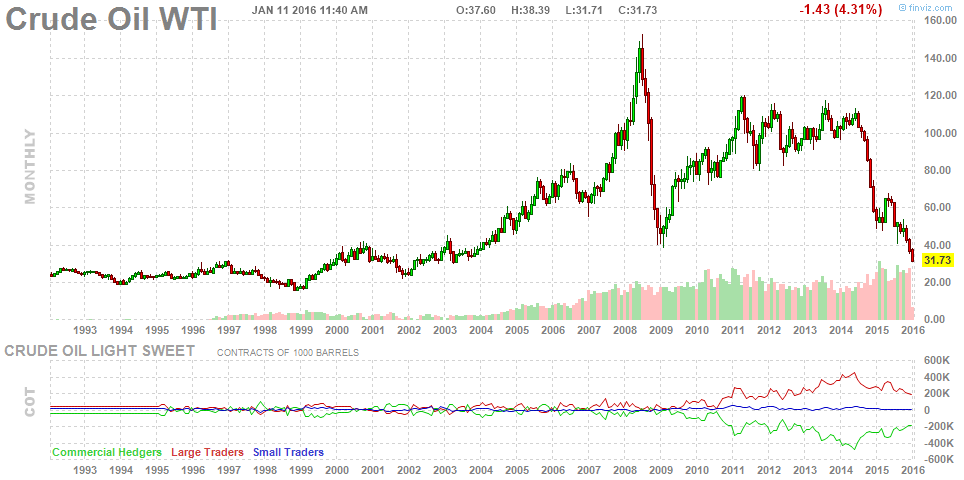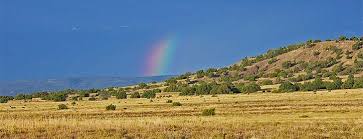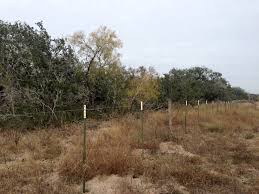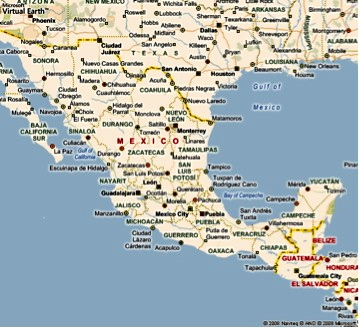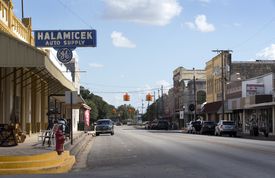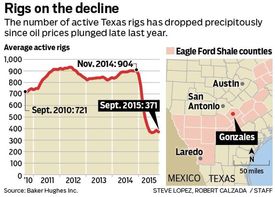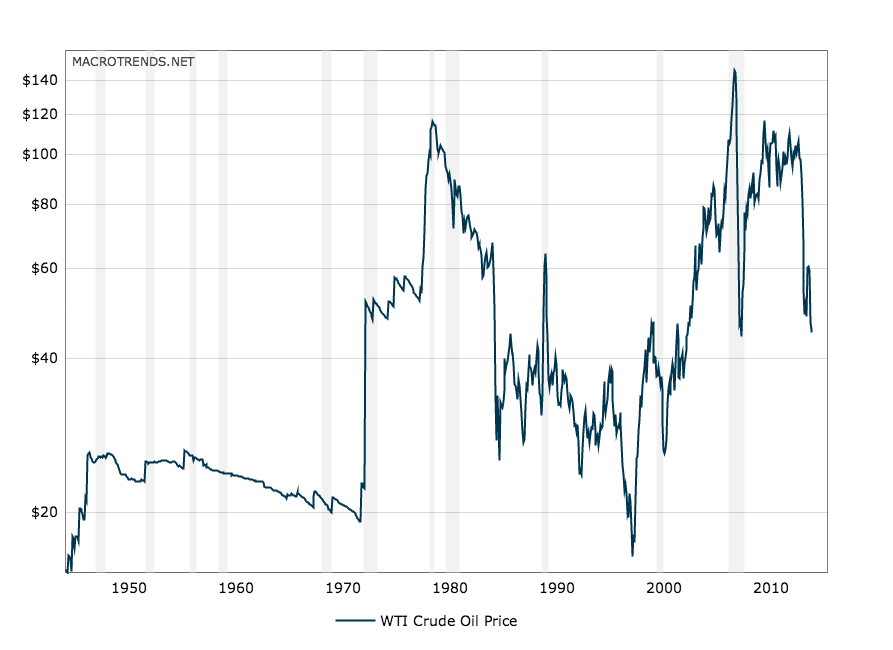Ms. Valdez reports on a routine hearing in Washington, D.C. that goes beyond issues of the design of buildings in consulates around the world to general concerns of violence and corruption in Mexico
A congressional hearing Wednesday on border safety branched out into a broader discussion about insecurity in Mexico, with one U.S. representative calling to close down all the U.S. consulates in Mexico and a border official asking for 5,000 additional Border Patrol agents.
“We should close down every one of those (nine) consulates, and put the properties up for sale,” said U.S. Rep. John Mica, R-Fla. “There has to be consequences the place (Mexico) is out of control.”
Brandon Judd, a Border Patrol agent and president of the National Border Patrol Council, testified that based on feedback from other agents, the agency charged with guarding the border has operational control of only 40 percent of the border.
He portrayed Mexico as largely lawless in places where drug cartels wield control, and provided statistics for the country’s extraordinary violence in recent years that authorities attributed to the cartels.
“These cartels are well organized, heavily armed, and pathologically violent,” Judd said. “The official death toll from the cartel violence in Mexico is 60,000. This is more than the U.S. military lost in Vietnam. However, the unofficial death toll in Mexico is over 120,000 killed and another 27,000 missing and presumed death.”
Judd also testified during the House Committee on Oversight and Reform hearing that the border is vulnerable to encroachments by criminals.
Statistics show that the U.S. Immigration and Customs Enforcement deported 177,000 convicted criminals in 2014, Judd testified, and of these, the Border Patrol arrested 91,000 of them as they tried to enter the country illegally. In 2014, the Border Patrol apprehended and arrested just under 500,000 undocumented immigrants, Judd said, and that one in every five arrested had a criminal record.
The committee, which includes U.S. Rep. Will Hurd, R-Texas, also received oral and written testimony from Robert Harris, director of Joint Task Force-West; Sue Saarnio, State Department/Western Hemisphere Affairs deputy assistant secretary; William H. Moser, State Department/Bureau of Overseas Building Operations deputy director and Gregory B. Starr, State Department/Bureau of Diplomatic Security assistant secretary.
Harris said the primary threats along the U.S.-Mexico border are southbound gun smuggling, northbound drug-trafficking, human trafficking and smuggling, and violence associated with such illegal activities.
“The reach and influence of Mexican cartels, notably the Zetas cartel, Gulf cartel, Juárez cartel, Jalisco New Generation cartel and the Sinaloa cartel stretches across and beyond the Southwest border, operating through loose business ties with small organizations in cities across the United States,” Harris testified.
“Further, the escape of Joaquin Guzman Loera, “El Chapo,” could potentially instigate further border violence similar to incidents following his first prison escape in 2001,” Harris testified.
Harris mentioned the 2011 shooting attack in Mexico that killed ICE Special Agent Jaime Zapata and injured ICE Special Agent Victor Avila (an El Pasoan), and the gun shots fired at a U.S. law enforcement helicopter over the Laredo area in June.
Starr, an experienced diplomat, said, “We need to accept that the battle to increase security, the rule of law and justice in Mexico is going to be a long-term battle.”
Hurd, whose district covers part of El Paso County, asked that State Department travel warnings reflect actual conditions in particular areas instead of issuing blanket warnings for regions that he believes are safe, such as Juárez.
In 2008, Juárez was called the murder capital of the world, and by 2010 it had half the murders of Detroit and Los Angeles, said Hurd, adding that 80 percent of the homicides in Mexico occur in 20 percent of the country. “It’s frustrating when we talk of Mexico as one place, when it’s not,” Hurd said.
“We are not pulling any punches on the level of danger down in Mexico,” Starr said.
The diplomatic officials said Wednesday that the U.S. consular presence in Mexico lends security to areas in which the consulates are located, and that consulates also promote U.S. trade and provide critical services to U.S. citizens that live and work in Mexico as well as to U.S. companies that operate south of the border, including U.S.-owned maquiladora assembly plants.
Starr said the United States can help Mexico to improve its security by using the same types of programs that helped in Colombia, such as assisting to strengthen police and judicial institutions.
U.S. Rep. Jason Chaffetz, R-Utah, the committee chairman, said he was skeptical about trying to help police in Mexico. He alleged that the drug cartels control local police in Nuevo Laredo, and mentioned that a former mayor in that city was murdered.
Last year, Benjamin Galvan Gomez, Nuevo Laredo’s mayor from 2011 to 2013, was on his way to Laredo, Texas, when he and another man were kidnapped. Their bodies were found a month later near Monterrey.
Chaffetz also criticized that U.S. consulate guards in Mexico are being paid only about $316 a month, opening them up to corruption, and that the State Department decided to eliminate hazardous pay for consulate staffs in Mexico.
According to other testimony Wednesday, gun-trafficking from the U.S. poses a safety problem for Mexico.
U.S. Rep. Carolyn Maloney, D-New York, who also serves on the committee, said the ATF (Bureau of Alcohol, Tobacco, Firearms and Explosives) reported that 70 percent of weapons recovered at crime scenes in Mexico came from the United States.
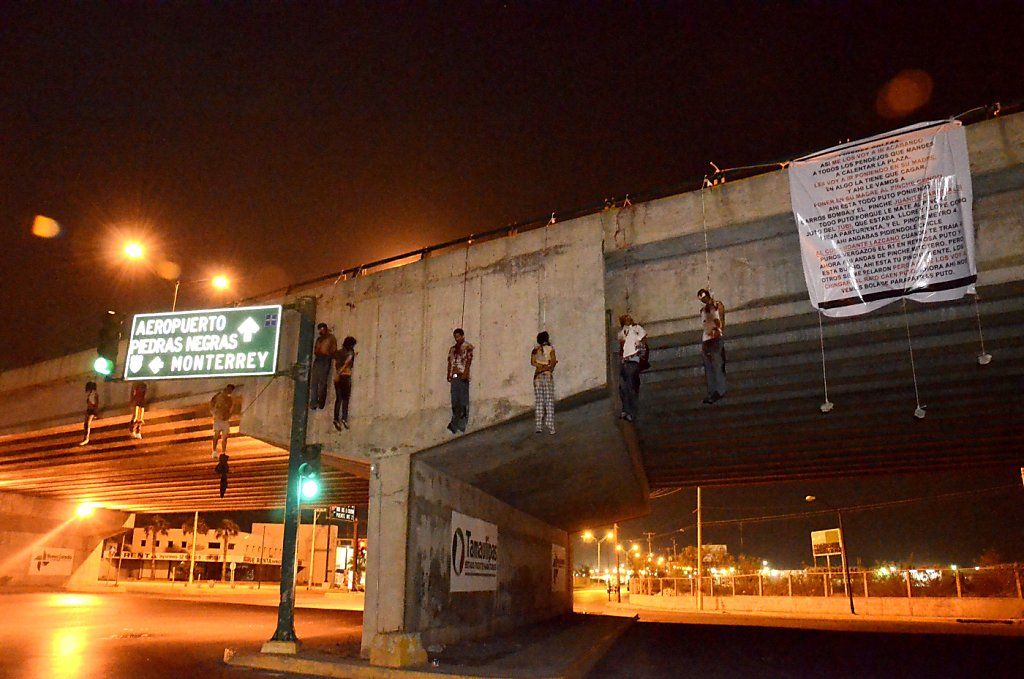 Two significant features of modern Mexico are the lack of a civic culture and government corruption. A story from the NY Times illustrates both as a mob seizes and kills two brothers. Growing vigilante actions track violence between Cartels using public threats as an attempt to assert control in a country flying apart. This picture is from an action in Nuevo Laredo about 2012 of one Cartel threatening another using lynchings. Such tactics are beginning to appear by outraged publics lacking trust in municipal police. The two brothers were working as pollsters visiting the town, Ajalpan, and were perceived as kidnappers of village children. The community is about 200 miles southeast of Mexico City in the state of Puebla.
Two significant features of modern Mexico are the lack of a civic culture and government corruption. A story from the NY Times illustrates both as a mob seizes and kills two brothers. Growing vigilante actions track violence between Cartels using public threats as an attempt to assert control in a country flying apart. This picture is from an action in Nuevo Laredo about 2012 of one Cartel threatening another using lynchings. Such tactics are beginning to appear by outraged publics lacking trust in municipal police. The two brothers were working as pollsters visiting the town, Ajalpan, and were perceived as kidnappers of village children. The community is about 200 miles southeast of Mexico City in the state of Puebla.